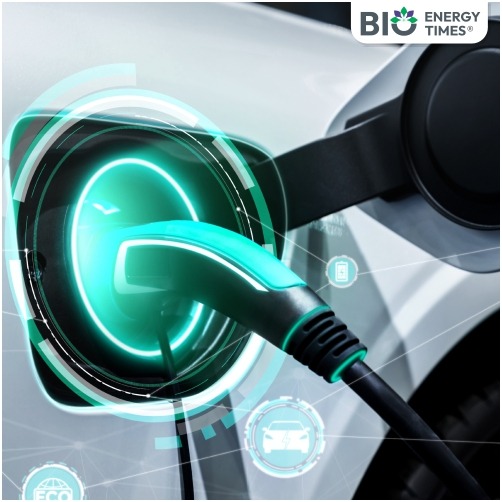South Korea’s Hyundai Motor Co. has outlined a comprehensive mid- to long-term strategy aimed at strengthening its hybrid and electric vehicle (EV) offerings, with a strong focus on market-specific products—particularly for India and other key global regions.
As part of its updated EV roadmap, Hyundai plans to introduce regionally tailored electric vehicles. For India, this includes the country’s first EV designed specifically for local drivers, supported by a localized supply chain, the company announced in a recent media release.
On a global scale, Hyundai aims to boost its EV production capacity by an additional 1.2 million units by 2030. This expansion includes 250,000 units from its upcoming multi-model export hub in Pune, India; 500,000 units from the Hyundai Motor Group Metaplant America (HMGMA); and 200,000 units from a new, dedicated EV facility in Ulsan, South Korea.
The HMGMA will produce a diverse portfolio of 10 hybrid and EV models, while the Ulsan plant will manufacture up to 12 EV models using advanced robotic automation technologies—featuring predictive maintenance, digital simulation, and self-diagnostic systems.
In Europe, Hyundai will launch the IONIQ 3, targeting the mass-market segment with next-generation infotainment systems. Meanwhile, the company will introduce the Elexio SUV and a new C-segment electric sedan in China, reinforcing its long-term commitment to the Chinese market.
Speaking at Hyundai Motor’s 2025 CEO Investor Day in Manhattan, New York, company President and CEO Jose Muñoz emphasized the automaker’s focus on global electrification and localization. “We are delivering comprehensive electrified portfolios across all segments, localizing production in key markets, and leveraging breakthrough technologies—from Software-Defined Vehicles to next-generation batteries,” he said.
Hyundai reaffirmed its target of achieving 5.55 million global vehicle sales by 2030. Of this, electrified vehicles—including EVs and hybrids—are expected to account for 60 per cent, or approximately 3.3 million units, with anticipated growth in North America, Europe, and South Korea.
The automaker also plans to expand its hybrid lineup to more than 18 models by 2030. This includes the launch of Genesis-branded hybrid models beginning in 2026. Additionally, the upcoming Hyundai Palisade Hybrid will debut the brand’s next-generation TMED-II technology, promising enhanced performance and fuel efficiency.















